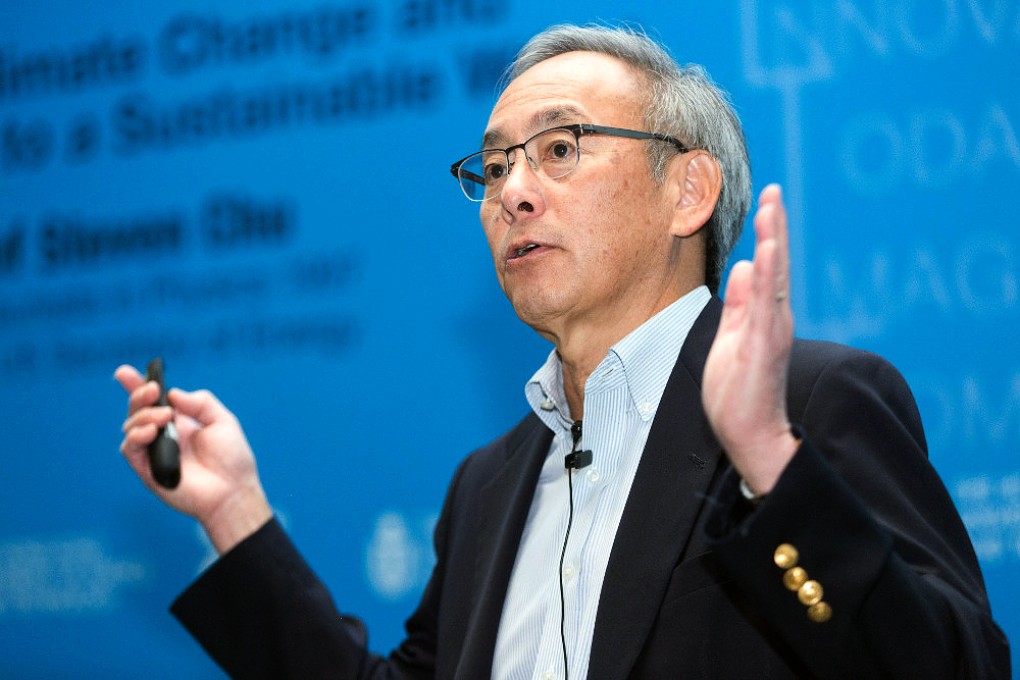Pollution may take centuries to reverse, warns Nobel winner
Best known for being US Secretary of Energy between 2009-2013, professor Steven Chu was only the second American-Chinese – and the first scientist – to become a cabinet secretary in the US. His responsibilities included being tasked by president Obama to assist BP in managing the Deepwater Horizon oil leak.

Best known for being US Secretary of Energy between 2009-2013, professor Steven Chu was only the second American-Chinese – and the first scientist – to become a cabinet secretary in the US. His responsibilities included being tasked by president Obama to assist BP in managing the Deepwater Horizon oil leak.
Awarded the 1997 Nobel Prize in physics alongside Claude Cohen-Tannoudji and William Phillips for laser cooling and atom trapping, Chu holds 26 honorary degrees, and is a member of the National Academy of Sciences and the American Philosophical Society, among other accolades.
In celebration of Hong Kong University of Science and Technology’s 25th anniversary, Chu was invited as a guest speaker to discuss climate change and the future of energy. “I view my work as a service to the world, not just the US,” he says. Interviewing Chu, it’s clear that for him energy is truly a global issue. The students know that, too – Hong Kong and international students spill onto the stairs of the auditorium, awaiting the distinguished scientist.
Chu is approachable and candid, even when discussing climate change. Between 2006-2010, Argo floats took world ocean temperatures and two satellites measured mass changes, proving that glaciers in Greenland are declining at an accelerated mass. Findings in Antarctica are similar. Water levels, such as those in California's aquifers, are also decreasing. In fact, 2014 was the warmest year on record, and 14 of the 15 warmest years recorded have all occurred in this short century.
Chu moves swiftly on to the correlation between cigarette consumption and lung cancer – the onset of which, typically, comes about 25 years after the smoking habit starts. “It’s the highest preventable killer,” he warns. Based on the maths, he hypothesises that the air quality in Beijing is tantamount to smoking one pack of cigarettes a day – although, due to the time it takes for lung cancer to develop, it will take about another 10 years for us to see how accurate he is.

And how long will it take the air to rebalance if we manage to cut down our C02 emissions – or better, start recycling and capturing carbon? Global warming makes that estimation more difficult. “It could be a millennia,” Chu states. “Strictly speaking, the earth is actually in a cold period; it has at times been six to eight degrees warmer. We don’t know if we can make it cooler again.”
